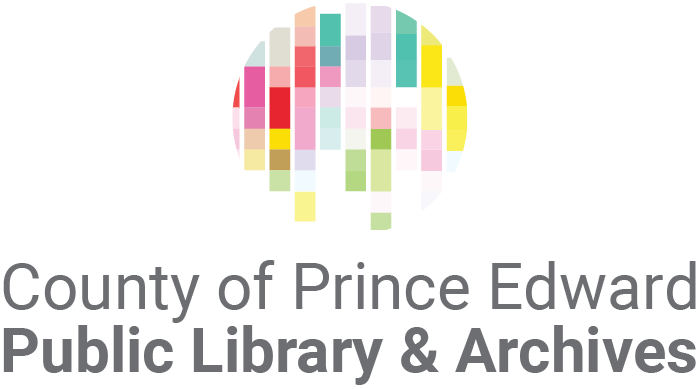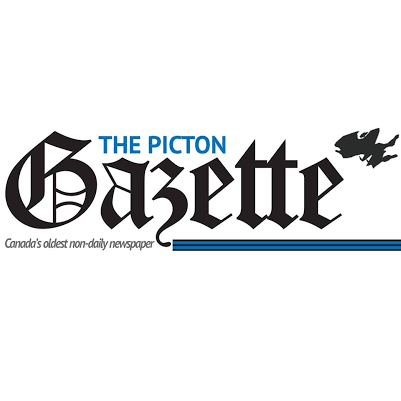I started All We Leave Behind last night after procrastinating for some weeks. The book opens with the author’s experiences as a freelance journalist in Afghanistan in the early ‘80s. To be honest I have a murky understanding of the country’s conflicts and the forces that have incurred apocalyptic human suffering there. Off is candid about her inexperience at the time and the chance meeting with a more seasoned reporter that got her through an interview with Benazir Bhutto. It is her honest, unpretentious style that makes you comfortable with a subject that is anything but.
The other impressive feature of the book is the humility and veracity with which Off writes. This is not the daring adventures of a journalist making their career on the suffering of others. This is written by someone who feels the weight of the words they impart. She says “…journalists all too often have their best moments when other people are having their worst.”
No thinking person today is entirely comfortable with the credibility of the press. We have come to understand that much is distorted, exaggerated, manipulated and as a result distrusted. Writing about Afghanistan after 9/11 Off talks about the crowds of journalists who descended on the region.
“The city was crawling with foreign reporters. This was the heyday of the celebrity journalist. Correspondents and the famous anchors of TV news shows in Europe and America arrived and departed daily on chartered planes and military aircraft.” She goes on to recount in that same paragraph “Dan Rather from CBS touched down in Afghanistan in late November 2001 and stayed around to say “Good evening from Kabul” as he appeared to be anchoring the news from a war zone (the fighting in Kabul had ended by this point).”
However, there is even more to Off’s story. Her story combines with the story of Asad Aryubwal. He is interviewed by Off and talks on camera about the notorious warlord General Abdul Rashid Dostum and his part in the massacre of prisoners of war. This interview becomes an award-winning documentary for Carol Off and it sets Asad and his family up for banishment or death. The second half of All We Leave Behind is “a fascinating tale about how one reporter’s request turns an extraordinary family’s life upside down, combined with a cogent examination of her own attempt to hold on to her humanity.” Quill and Quire
Before you attend Off’s talk you will want to read her latest book: All We Leave Behind: A Reporter’s Journey into the Lives of Others. There is an inscription in the front of the book – …and in the end it is all we carry forward and all we leave behind. Our story. Everything we own,,” taken from “The Canada Poem,” by Richard Wagamese.

